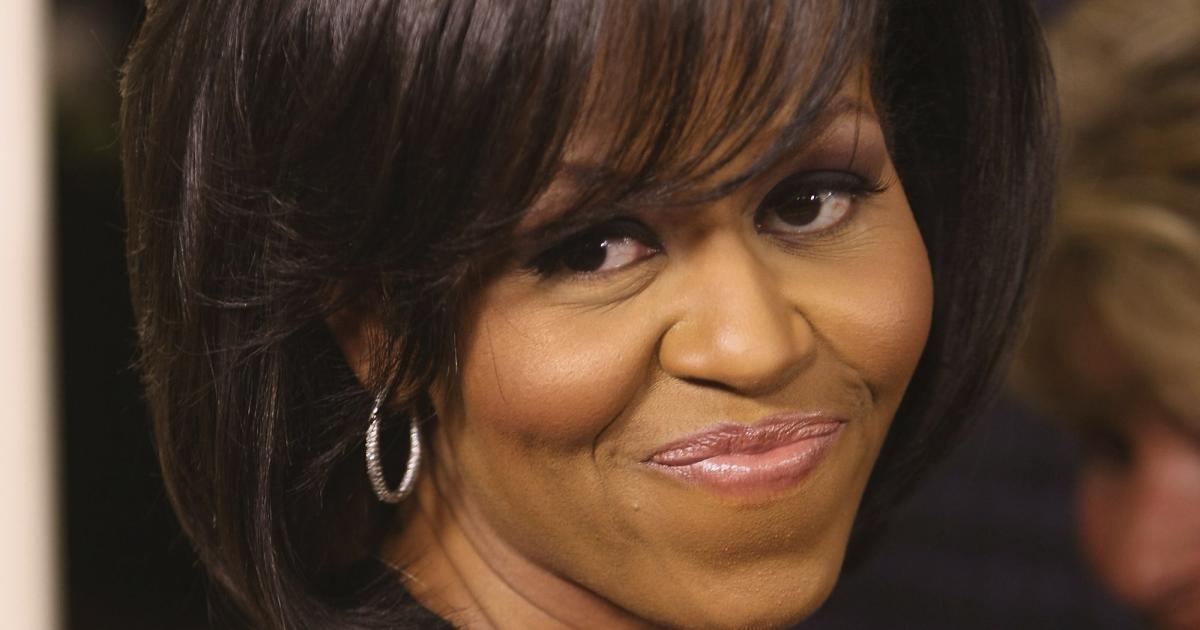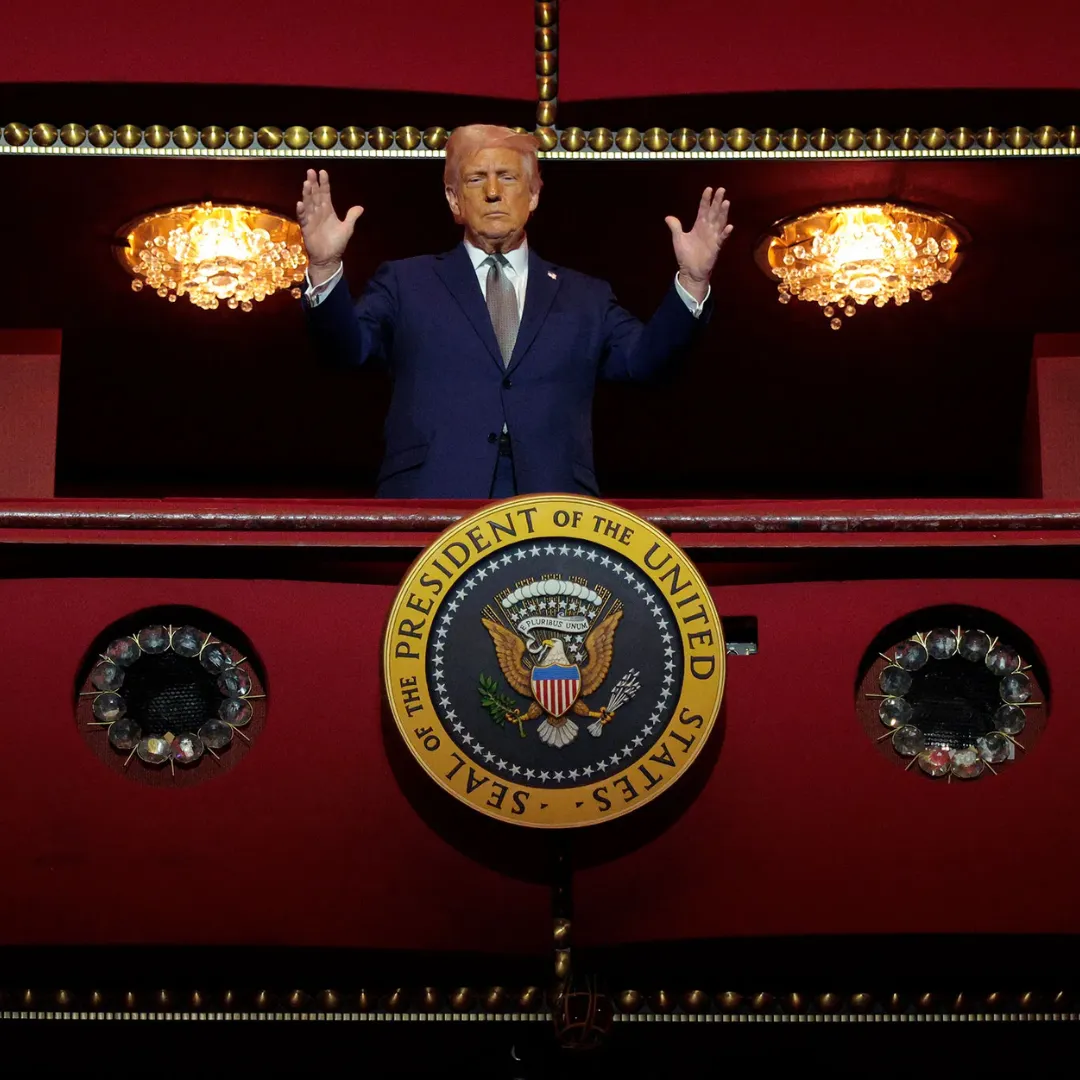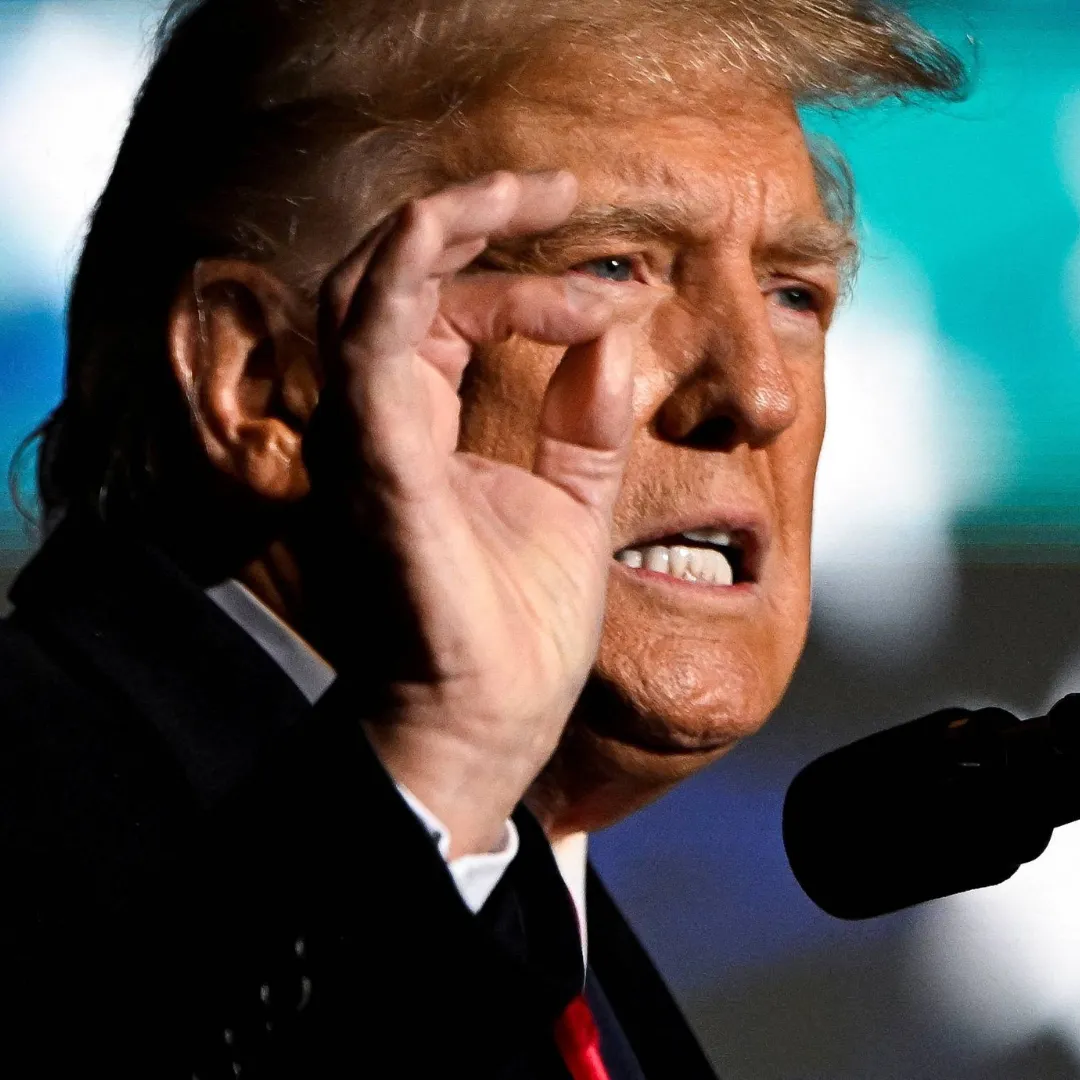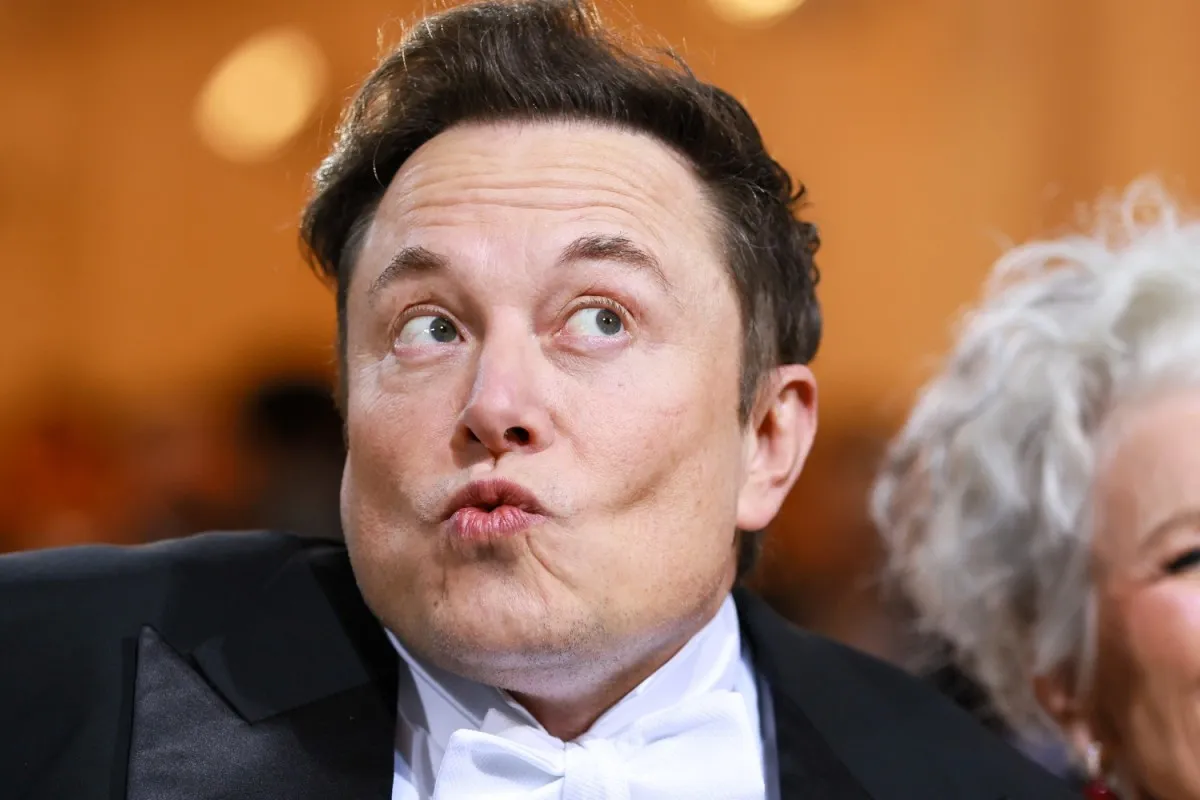
Former First Lady Michelle Obama has opened up about her growing fears for immigrants and people of color living under immigration policies shaped during the Trump administration.
In a candid conversation on a recent episode of the podcast "On Purpose with Jay Shetty," Obama and her brother Craig Robinson reflected on their shared experiences of racial fear and how those early memories continue to resonate today.
Michelle Obama, who remains one of the most recognizable figures in the United States, emphasized that her concerns are no longer centered on her own safety. "I drive around in a four-car motorcade with a police escort. I’m Michelle Obama," she said.
However, she expressed ongoing anxiety for the many less visible individuals who face discrimination and unequal treatment daily.
In the interview, Obama responded to a question about the hardest recent test of the fears she grew up with. Her answer focused heavily on the plight of immigrants and minority communities who may be vulnerable to profiling and deportation without due process. "In this current climate, for me it’s, you know, what’s happening to immigrants," she explained.
She noted that her daughters, Malia and Sasha Obama, also benefit from a degree of public recognition and protection. Nonetheless, she said that she continues to worry about the broader impact of systemic racism and the current state of law enforcement practices. "So, my fears are for what I know is happening out there in streets all over the city," Obama added.
One of her primary concerns centers on the perceived erosion of judicial oversight in immigration cases. Obama criticized leadership that she sees as bypassing the courts and the rule of law.
She pointed out that some decisions regarding immigration status appear to be made based on appearance alone rather than through fair and thorough legal processes. "Now that we have leadership that is, sort of, indiscriminately determining who belongs and who doesn’t, and we know that those decisions aren’t being made with courts and with due process," she said.

Michelle Obama elaborated on the danger of relying on subjective judgments rather than legal standards when evaluating individuals. "You don’t look like somebody that belongs. I can determine just by looking at you that you’re a good person or you’re not a good person," she said, warning that such bias leaves communities vulnerable.
She stressed that ignorance, racism, and prejudice are significant drivers behind these issues, expressing concern that these forces are now influencing critical decisions without the necessary checks and balances.
"Knowing that there’s so much bias and so much racism and so much ignorance that fuels those kinds of choices, I worry for people of color all over this country. And I don’t know that we will have the advocates to protect everybody. And that frightens me. It keeps me up at night," Obama confessed.
Her comments come at a time when immigration policies and their implementation continue to stir heated debate across the nation. Critics of former President Donald Trump's immigration strategy argue that the administration prioritized rapid deportations over individual rights, often sidelining the role of the judiciary in the process.
One particular policy that drew criticism was the targeting and deportation of alleged gang members to El Salvador. Civil rights groups and Democratic lawmakers have repeatedly warned that such practices could result in the wrongful deportation of individuals who are not affiliated with gangs, such as the case of Kilmar Abrego Garcia, a man who was mistakenly deported.
For many, Michelle Obama’s words offer a sobering reminder of how deeply issues of race, immigration, and law enforcement remain intertwined in American society. Her perspective highlights a growing fear that legal protections designed to ensure fair treatment are being weakened in favor of subjective and biased decision-making.
The former first lady’s message adds to a chorus of voices calling for reform in immigration enforcement. Advocates argue that policies must include robust legal safeguards to prevent abuses and to ensure that all individuals, regardless of their appearance or background, are treated fairly under the law.

While Obama's public life affords her significant security and privilege, she made it clear that she sees it as a responsibility to speak out on behalf of those who do not have the same protections. Her acknowledgment of her own safety contrasted sharply with her worries for others, reflecting her deep empathy and commitment to justice.
Obama also touched on the importance of maintaining strong advocates and support systems for marginalized communities. Her concern that there may not be enough voices to protect the vulnerable underscores the urgency felt by many who work within civil rights organizations.
It is a fear rooted not just in policy changes, but in a perceived cultural shift that prioritizes exclusion over inclusion.
This interview is a rare and intimate glimpse into the personal fears and frustrations of someone who, despite her global stature, remains deeply connected to the struggles of ordinary citizens. It reveals how personal experiences of racial fear can evolve over time, from fear for oneself to a broader, more encompassing fear for the community and country at large.
In the broader context, Obama's comments reflect a sentiment shared by many Americans who are concerned about the direction the nation has taken with regard to immigration and civil rights.
As debates around immigration continue to dominate political discourse, voices like hers play a crucial role in keeping attention focused not just on policy, but on the real human impact of those policies.
She emphasized the need for continued vigilance, compassion, and action to protect vulnerable populations. Her call to recognize and address bias at all levels of society is a reminder that lasting change requires more than legislation; it requires a fundamental shift in the way people view and treat each other.
As America approaches future elections, issues of immigration, racial justice, and civil rights are likely to remain at the forefront of national discussion. Michelle Obama's comments serve as a timely and powerful reflection on the stakes involved, urging listeners to think critically about the kind of society they wish to build and the responsibilities they share in safeguarding it.

For many, her words may also serve as a rallying cry to support policies and leaders committed to fairness, justice, and inclusion. At a time of significant division and uncertainty, her voice brings both warning and hope, reminding Americans that the fight for equality and dignity is ongoing and that each generation must take up the mantle in its own time.
In an era when headlines often move faster than the consequences they describe, Michelle Obama's heartfelt concerns offer a moment to pause and consider what is truly at risk and what must be done to protect the principles of democracy, justice, and equality for all.



